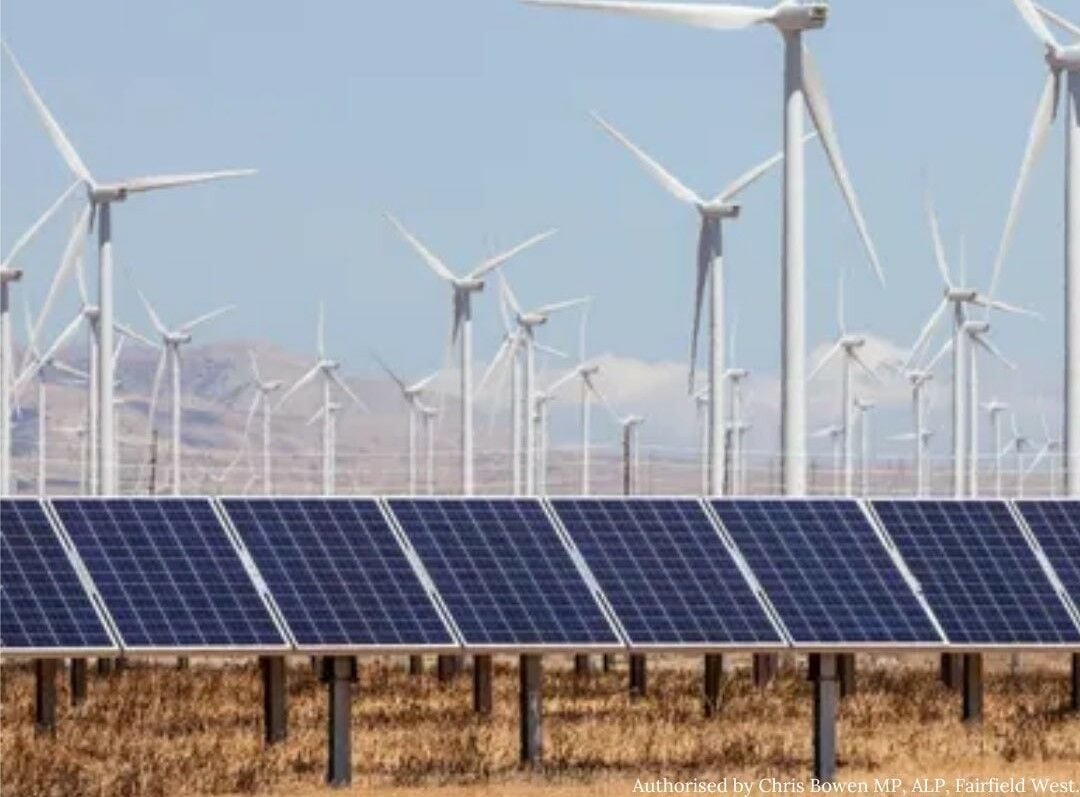Thailand accelerates shift to renewables amid global energy crisis fallout

The global energy crisis has prompted Thailand to accelerate its transition to renewable energy after years of hesitation, joining other countries in adopting wind and solar power to reduce dependency on imported fuels.
Thailand’s reconsideration of its renewable energy strategy came after a surge in natural gas prices last year caused by Russia’s invasion of Ukraine, according to Wattanapong Kurovat, director-general of the Energy Policy and Planning Office. This issue was compounded by a decline in domestic production, Bangkok Post reported.
In an interview in Bangkok, Wattanapong explained that when Thai authorities requested more energy from renewable plants last year, they discovered that the available capacity was already at its limit. Unlike some countries branching into coal mines or gas fields in response to soaring global fuel prices, Thailand recognises the potential in solar panels and wind turbines for fostering energy independence.
The Thai government’s energy security push last month led to the announcement of a power purchase plan covering roughly five gigawatts of renewables, the largest feed-in tariff programme to date. This investment is expected to essentially double wind and solar capacity by 2030. Furthermore, authorities are planning an additional round for 3.67 gigawatts later this year, Wattanapong revealed.
This policy shift reverses Thailand’s previous preference for natural gas as a transition fuel before adopting cleaner sources, as renewable projects in some emerging countries face challenges like grid restraints, bureaucracy, and funding deficits.
Thailand’s heavy reliance on liquefied natural gas (LNG) imports for power generation has driven up costs significantly, saddling the Electricity Generating Authority of Thailand (EGAT) with approximately 150 billion baht in expenses to curb utility bill hikes in the past year.
Rising power costs have also become a major concern in the campaign for the May 14 General Election, with several parties suggesting measures to reduce energy bills. Consequently, Wattanapong asserts, the development of domestic renewable energy sources has become more urgent.
The government’s upcoming power development plan, scheduled for proposal to a new Cabinet later this year, will feature more ambitious renewable energy targets, according to Wattanapong. These adjustments aim to help Thailand reach its climate objectives of reducing emissions by 30-40% by 2030, with a goal of achieving net zero by 2065. The revised plan will see renewables constituting over 50% of the power generation mix by 2037, a significant increase from the current 20%.
The urgency of this situation is underscored by dwindling domestic gas production. Output at Erawan, Thailand’s largest natural gas field situated in the Gulf of Thailand, fell by 64% last year after US-based Chevron Corp transferred control of the site to the state-owned PTT Exploration & Production Plc. Although the government aims to increase domestic output through 2024, it also intends to reduce dependence on natural gas as it continues to deplete. Wattanapong said…
“Eventually, gas will play an ever smaller role in the power mix.”
Latest Thailand News
Follow The Thaiger on Google News:


























